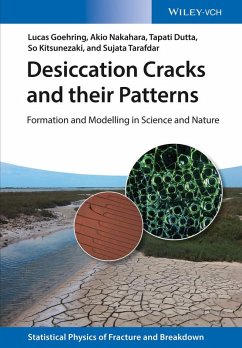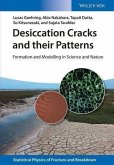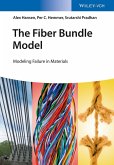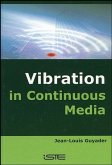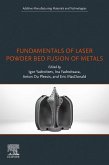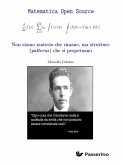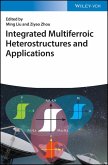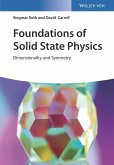Bringing together basic ideas, classical theories, recent experimental and theoretical aspects, this book explains desiccation cracks from simple, easily-comprehensible cases to more complex, applied situations. The ideal team of authors, combining experimental and theoretical backgrounds, and with experience in both physical and earth sciences, discuss how the study of cracks can lead to the design of crack-resistant materials, as well as how cracks can be grown to generate patterned surfaces at the nano- and micro-scales. Important research and recent developments on tailoring desiccation cracks by different methods are covered, supported by straightforward, yet deep theoretical models. Intended for a broad readership spanning physics, materials science, and engineering to the geosciences, the book also includes additional reading especially for students engaged in pattern formation research.
Dieser Download kann aus rechtlichen Gründen nur mit Rechnungsadresse in A, B, BG, CY, CZ, D, DK, EW, E, FIN, F, GR, HR, H, IRL, I, LT, L, LR, M, NL, PL, P, R, S, SLO, SK ausgeliefert werden.

